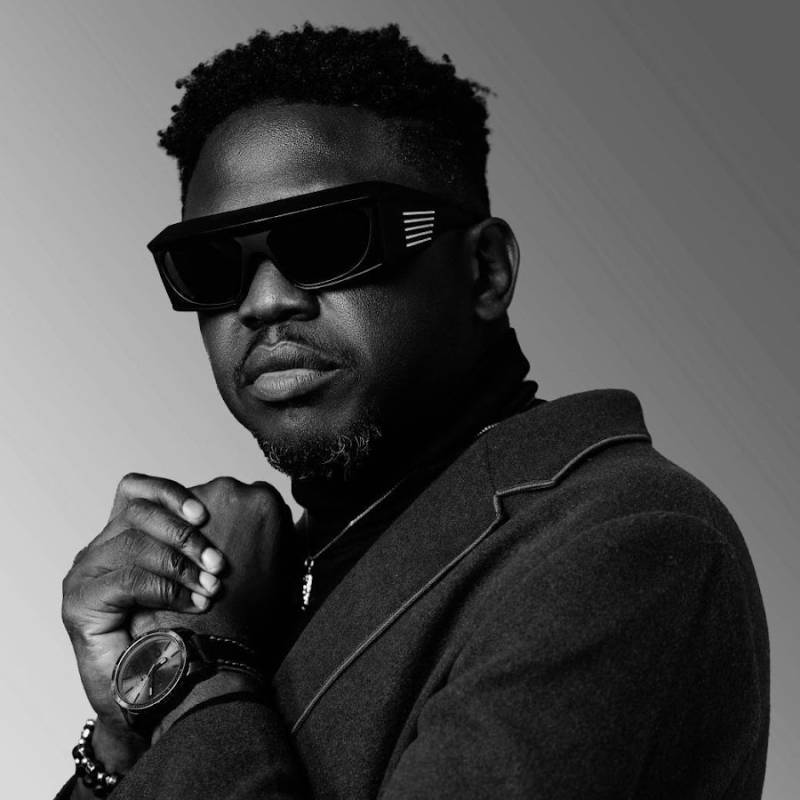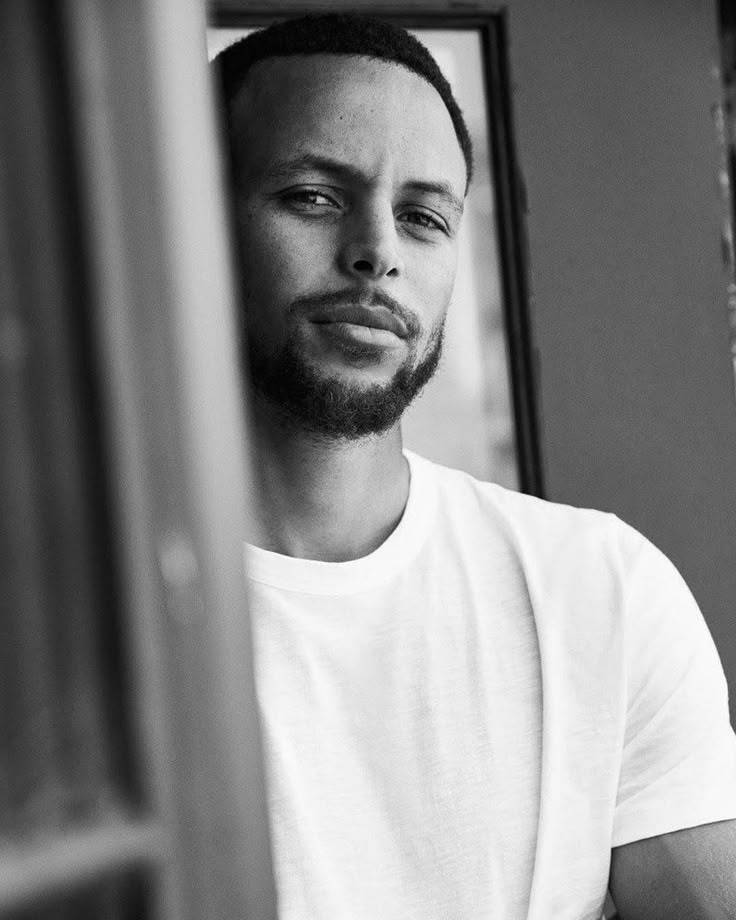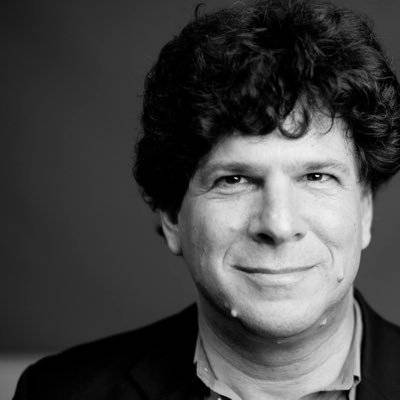Barack Obama, beyond the polished speeches and the presidential legacy, remains at his core, a father. A man who has spent years not just leading a nation, but raising two daughters, and quietly contemplating what it means to raise good men. In a recent intimate conversation alongside his wife Michelle and brother-in-law Craig, Obama set aside politics and prestige to talk about something profoundly human: what it takes to raise emotionally intelligent boys in today’s world. His voice, always measured yet warm, carries not just knowledge but experience. Raised by a single mother in Hawaii, young Obama had no daily father figure shaping his view of manhood.
Instead, his mother, a woman of quiet strength and restless curiosity-laid down the early blocks of who he would become. “I didn’t grow up with a dad in the house,” he admits. “So, my first notions of manhood came from watching my mom navigate life, work, and challenge.” There’s a humility in that revelation. It tells us that masculinity, in Obama’s view, isn’t inherited through gender roles but taught through compassion, resilience, and consistency. But his childhood wasn’t confined to American shores. A pivotal chapter unfolded in Indonesia, where he lived as a boy. In Jakarta, Obama learned self-sufficiency not as an abstract lesson, but as a daily reality. Life was simpler, harder, and expectations were different. He recalls running errands alone in bustling streets, understanding early that responsibility isn’t something granted, it’s something earned.
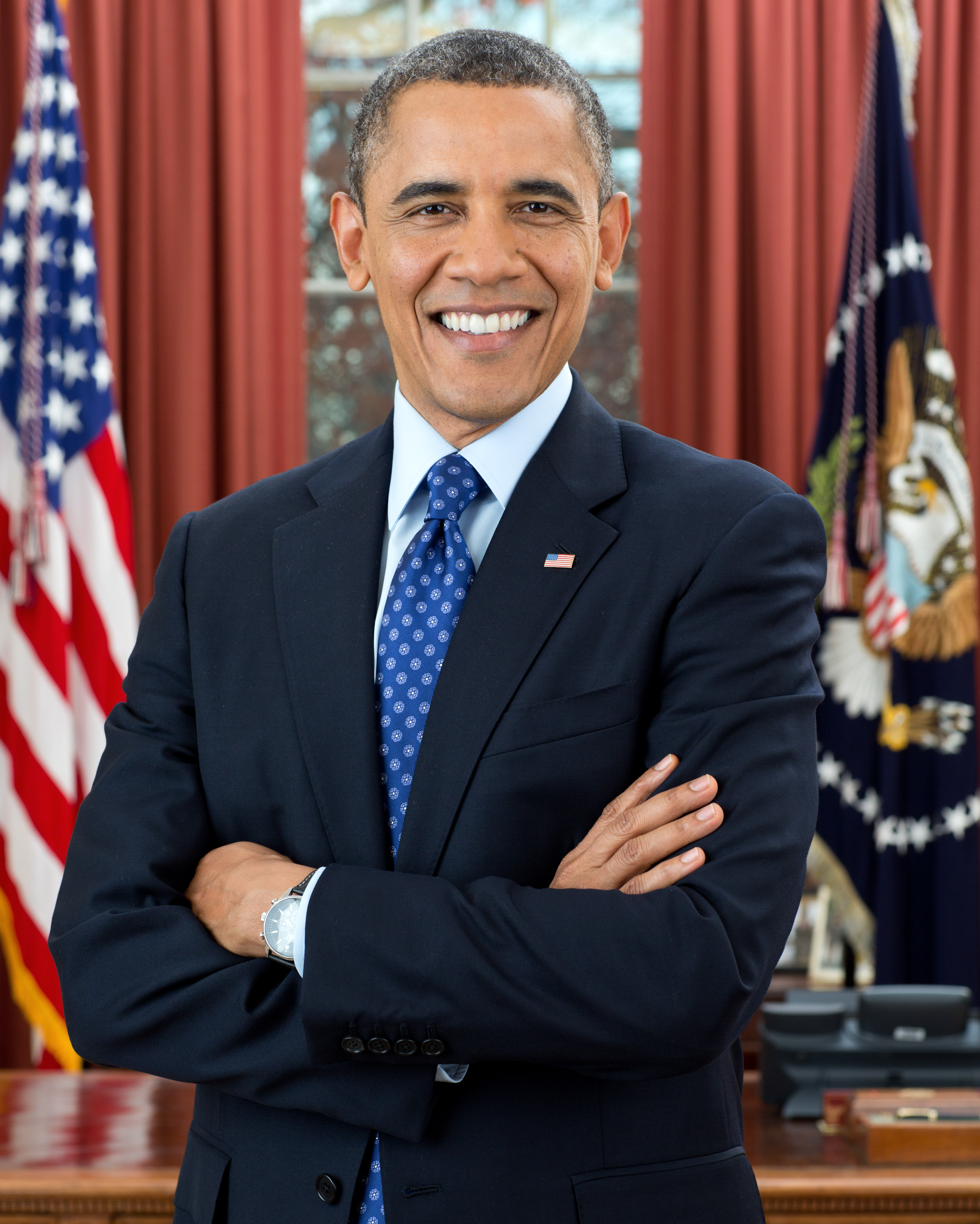
BARACK OBAMA on What It Takes to Raise Boys and How Michelle Made Parenting Better
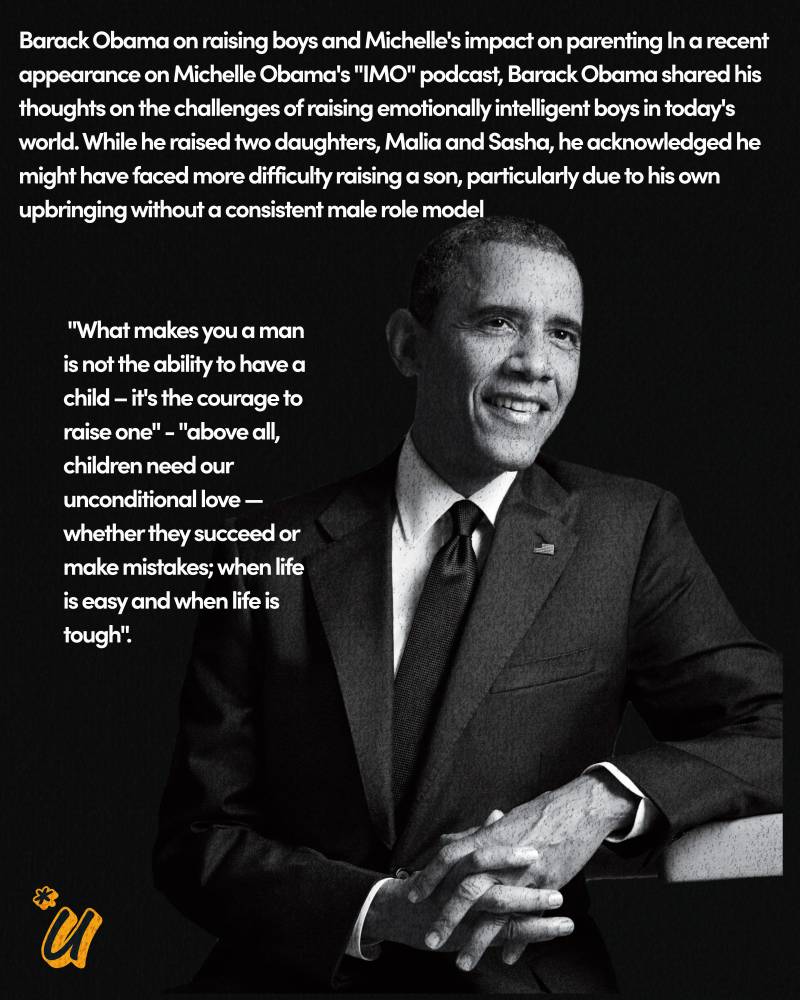
Related article - Uphorial Podcast
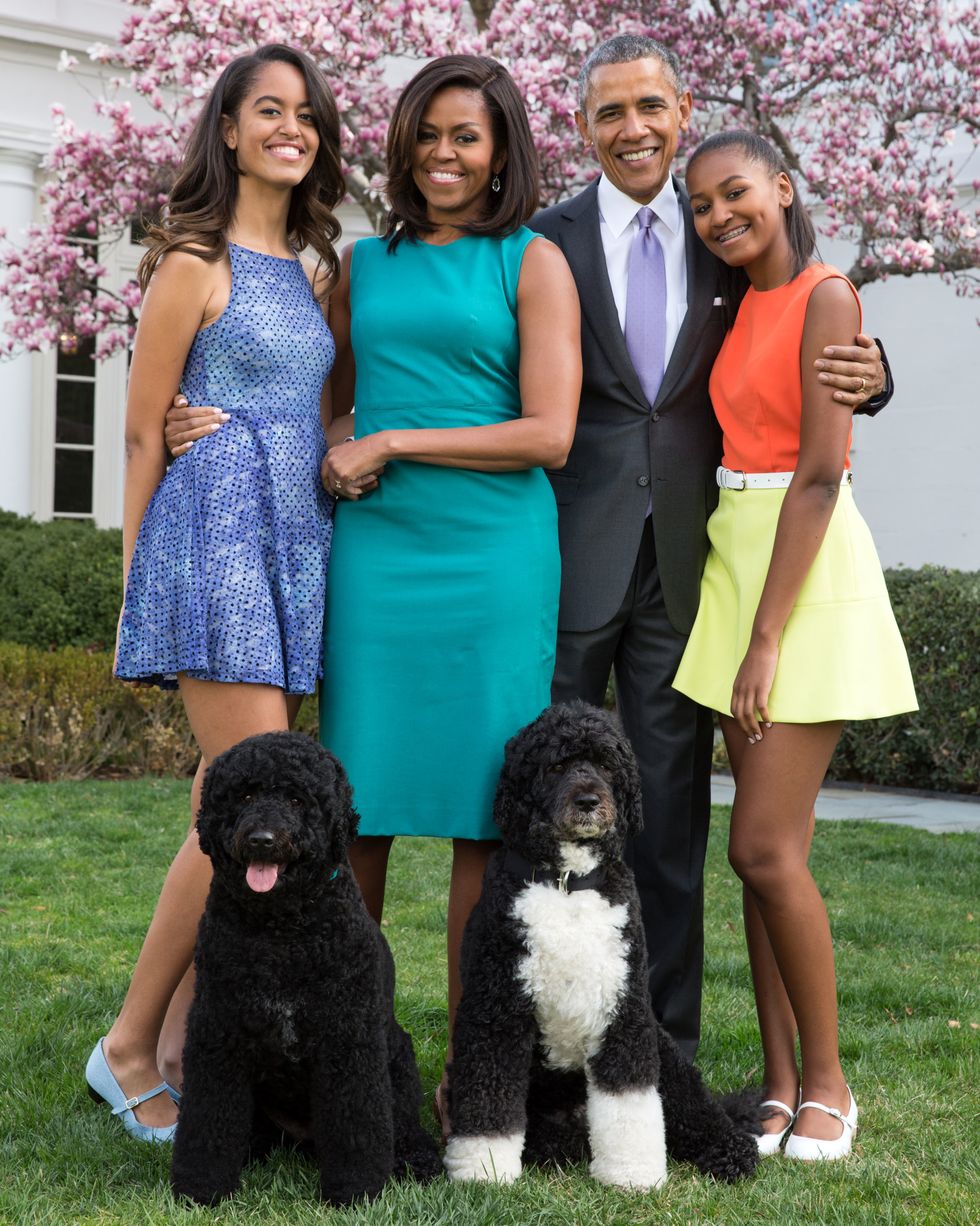
Listening to Michelle in this conversation, you realize why their parenting journey feels different. She speaks of her father — a man who, despite physical struggles with multiple sclerosis, never missed a day of work, never let hardship define his identity, and whose quiet dignity showed his children the meaning of strength. Craig nods, echoing memories of a man who led without raising his voice, loved without condition, and taught by example.
Together, Barack and Michelle raise an essential truth: community matters. “You can’t raise good boys alone,” Barack says softly. In a world where hyper-individualism is often celebrated, his words land heavily. Boys, he believes, need a network of mentors, friends, coaches, neighbors, people who reflect values of kindness, responsibility, and emotional honesty. Parenting, he argues, should be less about enforcing authority and more about modeling humanity. What’s striking about Obama is not just his reflections but his optimism. Despite the polarizing times, despite raising children in the glare of global attention, he still believes in the next generation. “I meet young people today who are smarter, kinder, and more aware than I ever was at their age,” he shares. His hope isn’t naive; it’s earned from years of watching quiet transformations in local communities and global movements alike.
Michelle’s role in shaping Obama as a father is undeniable. He credits her not just for making him a better parent, but for making parenting itself feel purposeful. Her insistence on routines, her belief in grounding their daughters with chores and real-world perspectives, her quiet but firm presence, all helped transform their household into what he calls “a team.” As their conversation winds down, one is reminded that behind the historical title of “first Black president” is simply a man learning, failing, reflecting, and trying again, as every parent does. His story is not just about raising boys but about redefining what it means to be strong, to be male, and to be human. In Obama’s narrative, masculinity isn’t cast in iron. It’s molded by love, resilience, and community. And in that quiet revelation lies a roadmap for raising not just good boys, but good men.
